Farmers Face Uphill Battle as They Return to Rebel-Occupied Fields in Congo
- by Salami, Congo, RNG247
- about 8 months ago
- 395 views
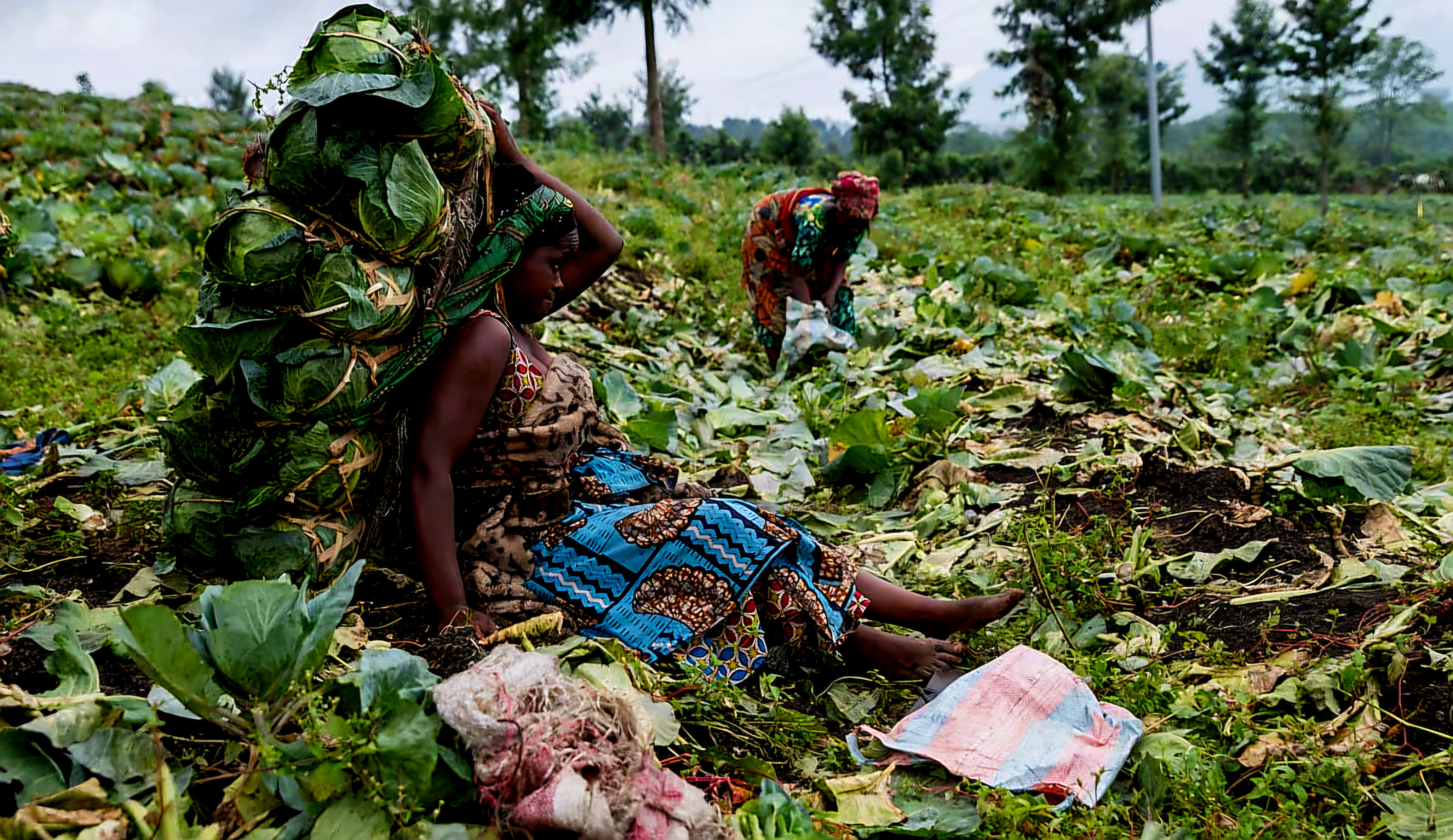
In the lush agricultural heartland of eastern Congo, farmers are struggling to reclaim their livelihoods from the grips of armed conflict. After fleeing violence in their homeland, many are returning to fields now under the control of the Rwandan-backed M23 rebels, presenting new and daunting challenges.
Since the beginning of this year, the resurgence of M23 rebels has displaced approximately 1.2 million individuals across the North and South Kivu provinces, according to the International Organization for Migration. The conflict's roots trace back to the remnants of the Rwandan genocide, adding layers of historical complexity to the ongoing strife that continues to displace families.
While the fighting has driven many from their homes, the U.N. reports that roughly 1.8 million people, encompassing over 350,000 households, have recently returned to the areas they once fled. Many of these returns were not voluntary; after the M23 dismantled displacement camps following their capture of Goma, the largest city in eastern Congo, in late January, returning home became a necessity for those trapped in precarious living conditions.
Among those grappling with the harsh realities of this situation is Ndagijimana Ntaboba, a 48-year-old vegetable farmer from Kibumba, located about 25 kilometers north of Goma along National Road 2. Known for its rich farmland producing cauliflower, cabbage, carrots, and beets that supply the nearby urban centers, Kibumba has seen its agricultural potential severely hindered by the ongoing conflict.
In 2022, as violence escalated just outside Kibumba, Ntaboba and his family fled to Kanyaruchinya, a nearby village. Upon returning to his land this year, he faced the unsettling reality that another family had taken over the cultivation of his fields. To reclaim some semblance of his former life, he had to pay around $600 to the new occupants for the harvest they had gathered in his absence.
Reflecting on the hardships endured during their three years in exile, Ntaboba recounted, "We spent three years living in very poor conditions. It was a great suffering. We went hungry for days."
While the majority of families from Kibumba have returned—59,700 out of the more than 60,000 displaced during earlier outbreaks of fighting—many are finding their homes in ruins and their fields barren. The lack of seeds and adequate agricultural assistance compounds their struggles.
"The situation for them is very precarious, because they are not getting much help," said Jan Egeland, Secretary General of the Norwegian Refugee Council, who recently visited the families in the region. He noted, “I was struck by how happy they were to have returned,” despite the circumstances surrounding their return often being anything but voluntary. "They said no, we were forced out of the camps. We had 48 to 72 hours to return home."
Egeland raised alarm over the potential for renewed tensions, particularly concerning land disputes that could arise from the current situation. Without appropriate resolutions, the fragile peace in these war-ravaged areas may remain at risk, leaving farmers like Ntaboba in a relentless struggle to rebuild their lives amidst ongoing uncertainty and conflict.




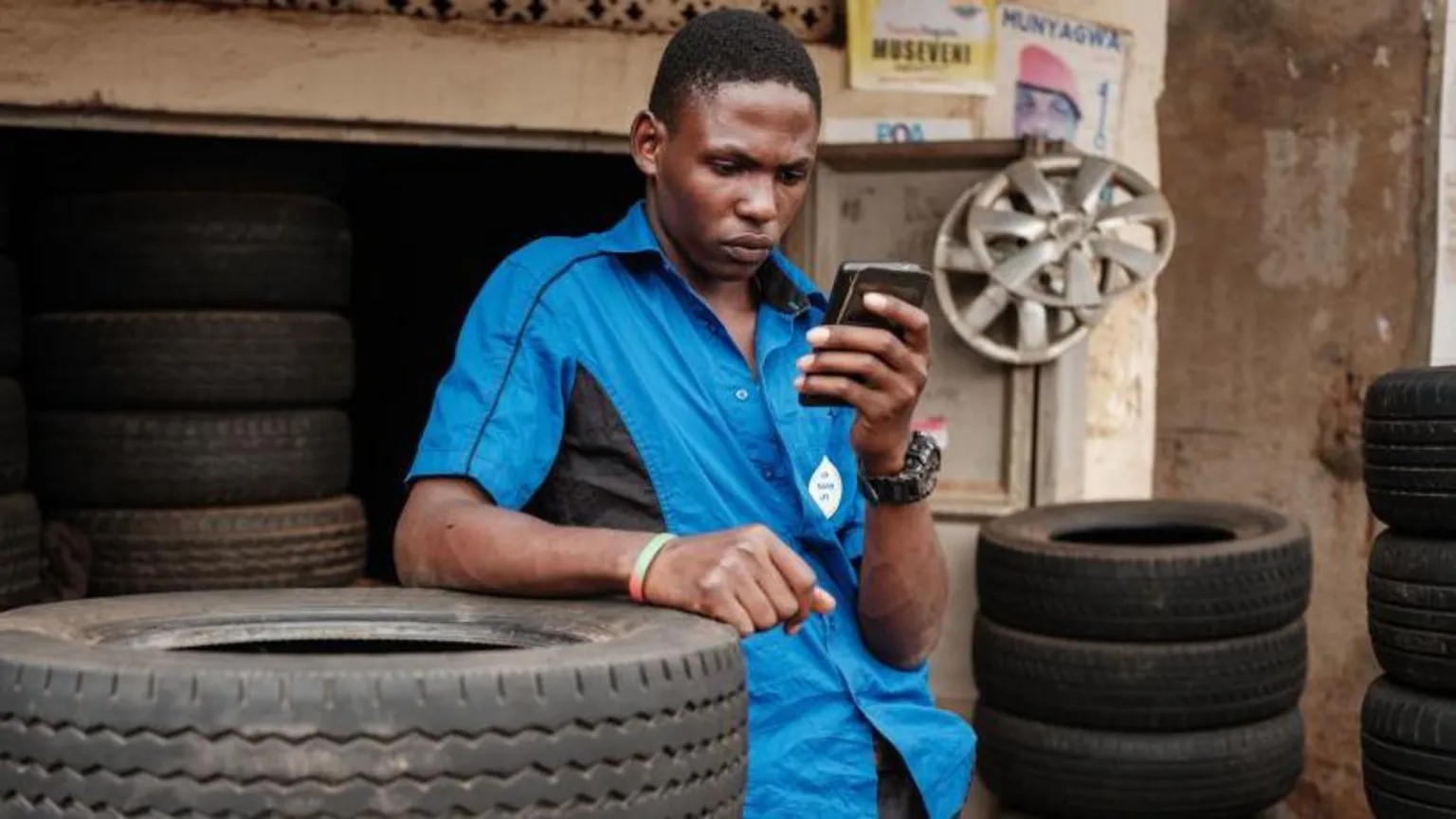
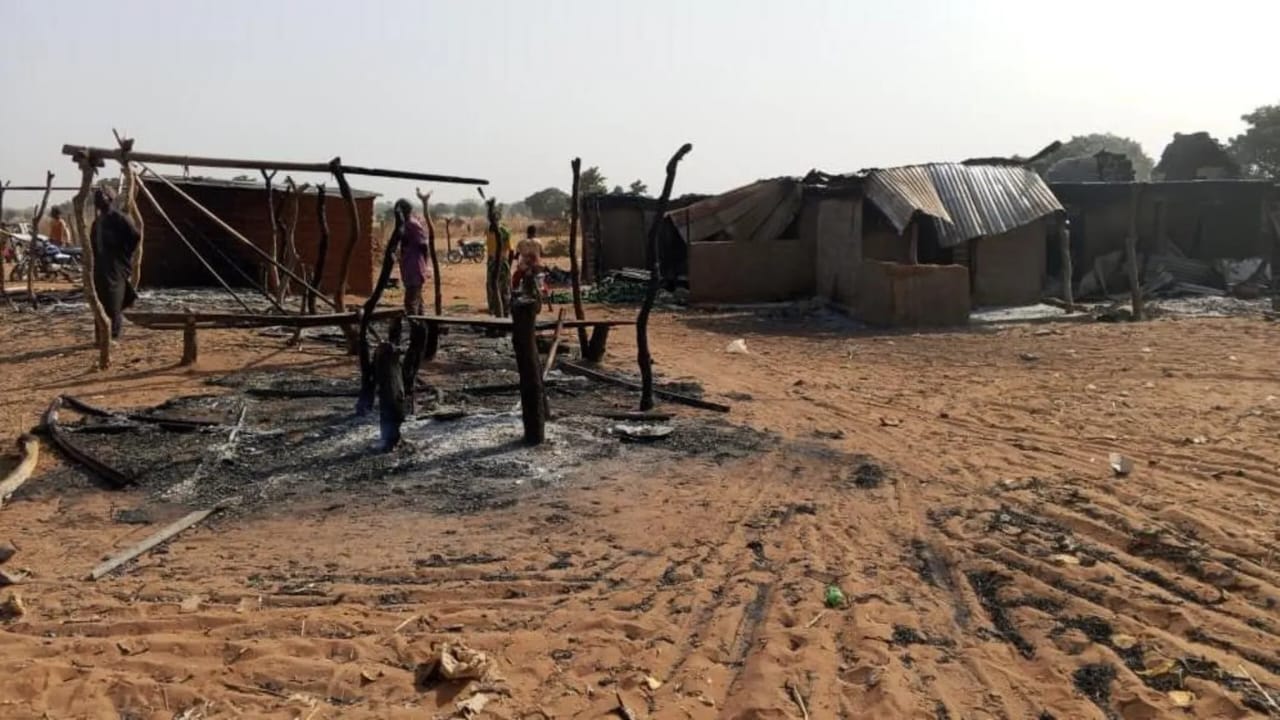

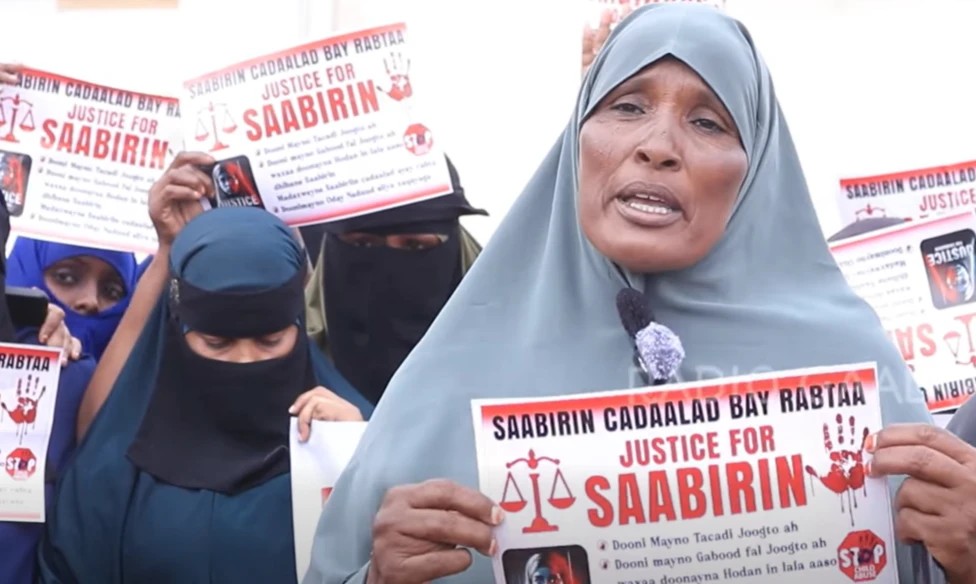


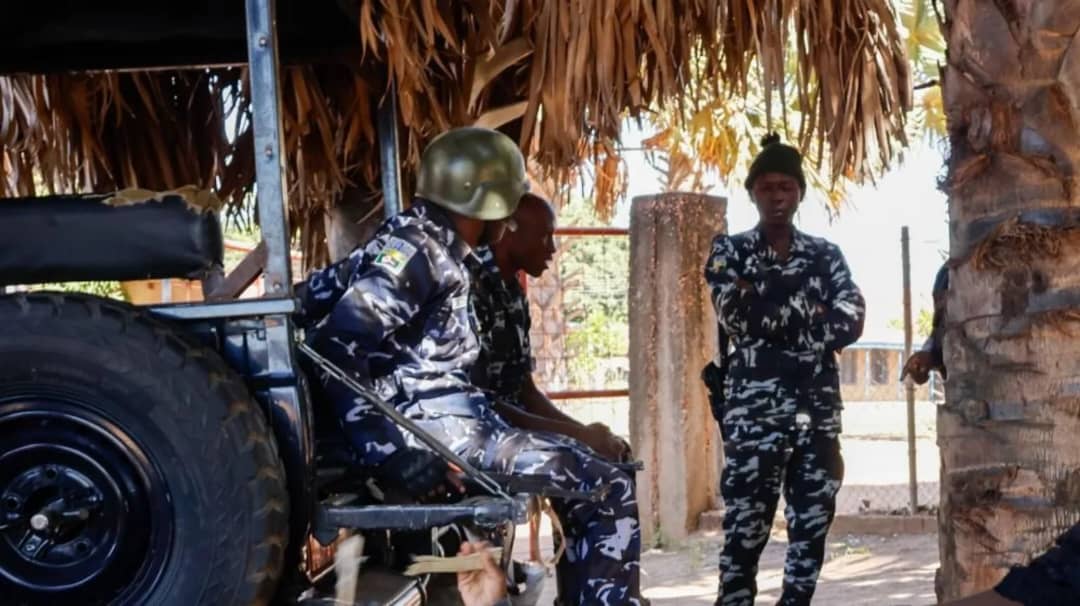

.jpg)



0 Comment(s)